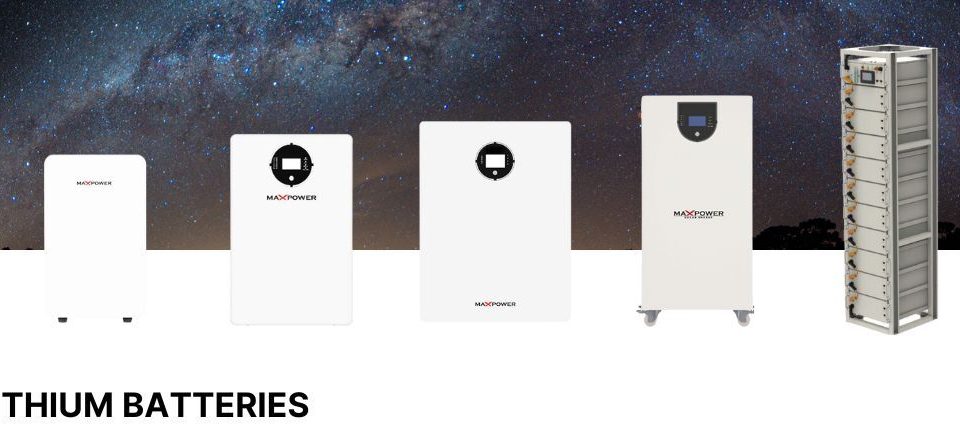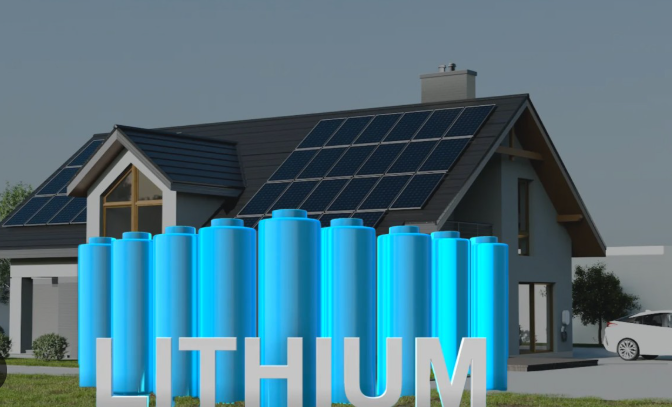
Best Hybrid Inverters To Use in 2026
January 7, 2025
Solar Pumping vs. Traditional Pumping Systems: A Detailed Comparison
January 7, 2025In recent years, the world has shifted towards more sustainable energy practices to reduce carbon footprints and combat climate change. Among the many solutions, net metering has emerged as a key player in promoting renewable energy usage and encouraging energy efficiency. But what exactly is net metering, and how does it contribute to sustainable energy and the environment? Let’s explore this in detail.
What Is Net Metering?
Net metering services are a billing mechanism that allows individuals and businesses to generate electricity through renewable energy sources, such as solar panels, and feed any excess energy back into the grid. In simpler terms, it lets you earn credit for the extra electricity your system produces, which can offset your future energy consumption from the grid.
For example, during sunny days, solar panels produce more energy than a household needs. This surplus energy flows back into the grid with the help of solar inverter, and in return, you receive credits on your net metering bill. Later, when the panels produce less energy (like at night), you can draw electricity from the grid using those credits, reducing your overall electricity costs.
The Link Between Net Metering and Sustainable Energy
The concept of net metering directly supports the global push for sustainable energy. Encouraging the use of renewable energy systems reduces dependency on fossil fuels, a major contributor to greenhouse gas emissions. Here’s how:
1. Promoting Renewable Energy Adoption
Net metering offers financial incentives to make renewable energy systems more appealing. Thanks to the ability to send excess power back to the grid, homeowners and businesses who install solar panels can see significant savings on their energy bills. Over time, these savings can offset the initial cost of installing renewable energy systems, making them a more viable option for a wider audience.
2. Reducing Carbon Emissions
Traditional power generation relies heavily on coal, oil, and natural gas, which emit large amounts of CO2. By producing and utilizing renewable energy, net metering helps reduce these emissions. Every kilowatt-hour of energy generated from solar panels or wind turbines means one less kilowatt-hour generated from polluting fossil fuels.
3. Enhancing Energy Efficiency
Net metering incentivizes people to maximize their energy usage efficiency. Since excess energy can be returned to the grid, households and businesses are more likely to invest in energy-efficient appliances and practices to maximize their renewable energy systems.
Environmental Benefits of Net Metering
The environmental benefits of net metering go beyond reducing emissions. Here are a few ways it positively impacts the planet:
- Decreasing Air Pollution: Renewable energy systems like solar panels don’t emit harmful pollutants, leading to cleaner air and healthier living conditions.
- Conserving Natural Resources: By reducing reliance on fossil fuels, net metering helps preserve finite resources like coal and oil for future generations.
- Minimizing Water Usage: Unlike traditional power plants that require large quantities of water for cooling, solar and wind energy systems consume little to no water, conserving this precious resource.
Economic Benefits of Net Metering
Net metering benefits the environment and has a significant economic impact. Homeowners and businesses with renewable energy systems enjoy lower energy bills and even earn credits for the excess energy they produce. This can translate to substantial savings over time in regions with high electricity costs.
Moreover, net metering creates job opportunities in the renewable energy sector, from solar panel manufacturing to installation and maintenance. This economic boost contributes to sustainable development and long-term growth.
Challenges and the Path Ahead
While net metering has clear advantages, it also has challenges. Some utility companies argue that it reduces revenue, leading to debates over fair pricing structures. Policymakers must strike a balance that supports renewable energy producers and grid operators.
Another challenge is the initial cost of installing renewable energy systems. Though net metering offers long-term financial benefits, the upfront investment can be a hurdle for many. Governments and organizations can play a key role in addressing this through subsidies, tax credits, and educational programs.
The Bigger Picture: Net Metering for a Sustainable Future
Net metering plays an undeniable role in promoting sustainable energy and protecting the environment. By making renewable energy systems more accessible and rewarding, it encourages individuals and businesses to reduce their carbon footprints. This, in turn, helps combat climate change, improves air quality, and conserves natural resources.
As more people adopt net metering, its positive ripple effects will grow. It transforms how we produce and consume energy and fosters a culture of sustainability and environmental responsibility.
Net metering is more than just a billing mechanism; it’s a pathway to a greener and more sustainable future. Supporting renewable energy adoption, reducing emissions, and promoting energy independence are vital in addressing today’s environmental challenges.
If you’re considering investing in renewable energy, explore how net metering can benefit you financially while contributing to a cleaner, healthier planet. It’s a win-win solution for individuals, communities, and the environment.
Browse the financial and environmental benefits of net metering, and contact Max Power Pakistan to get started today!



